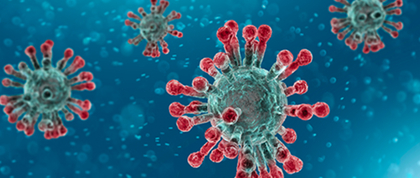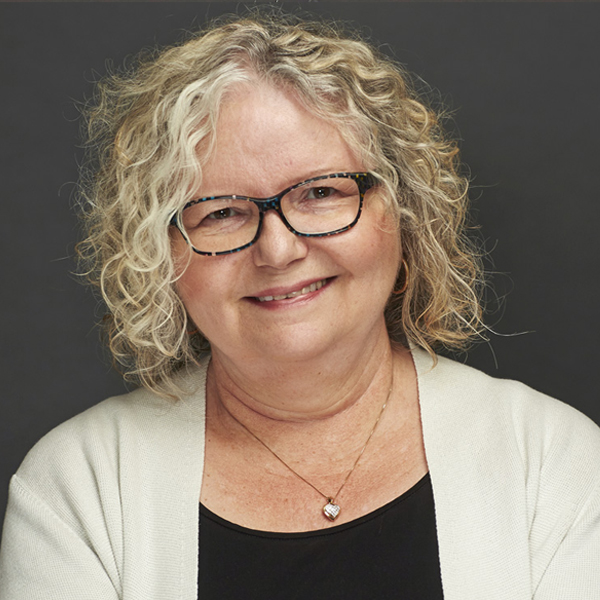
By now, we’re all familiar with the caveat that people who contract COVID-19 may be at higher risk for more severe illness if they have “underlying conditions” -- primarily those who are elderly, are immune-compromised, or who have chronic illness.
Now think of those who are living with that triple threat.
Elderly: According to the CDC, an estimated 47% of Americans who have HIV are age 50 and older.
Immune-compromised: And in New York City, only about 35% of people living with HIV who currently use drugs are virally suppressed, compared to 70-75% of other groups. Remaining in care and adhering to HIV medication has already been difficult for these patients for a variety of reasons.
Chronic illness: While we don’t have direct data on the impact of COVID-19 on people who use drugs, published data reported from China finds that severe cases were more likely to additionally include Hepatitis B infection. Hepatitis C virus infection is also endemic in people who inject drugs, where between 30-80% have chronic HCV infection. In the absence of specific information about the association between HCV and COVID-19, it appears prudent to assume that HCV will also cause more severe illness.
Other disasters have shown that the “vulnerable outliers” – people who use drugs, are poor, have HIV infection, are mentally ill or homeless – will suffer the most. The current crisis will create more problems for these individuals, compounded by limited resources and the need to stay apart. These patients should be extra-vigilant and avoid exposure by practicing strict infection control and social distancing.
But many people who use drugs (not just those with HIV) are often crowded together in shelters, and lack the resources to stock up on essentials and stay home.
Thankfully, a group of harm-reduction practitioners and activists have created a guide that includes essential COVID-19 facts and tips for safer drug use, and offers advice to harm reduction/syringe service programs on how to meet the needs of their participants while protecting their own health.
We also need to immediately expand drug treatment services, particularly to persons whose drug use disorder creates a need for daily drug use. The European Monitoring Center for Drugs and Drug Abuse has prepared an informative document with additional information.
In a global pandemic where some have suggested a “survival of the fittest” approach, all of us in public health must hold firm and remain vigilant ambassadors for the most vulnerable among us.

Don Des Jarlais, PhD
Professor of Epidemiology

Holly Hagan, MPH, PhD
Professor of Epidemiology and Social and Behavioral Sciences